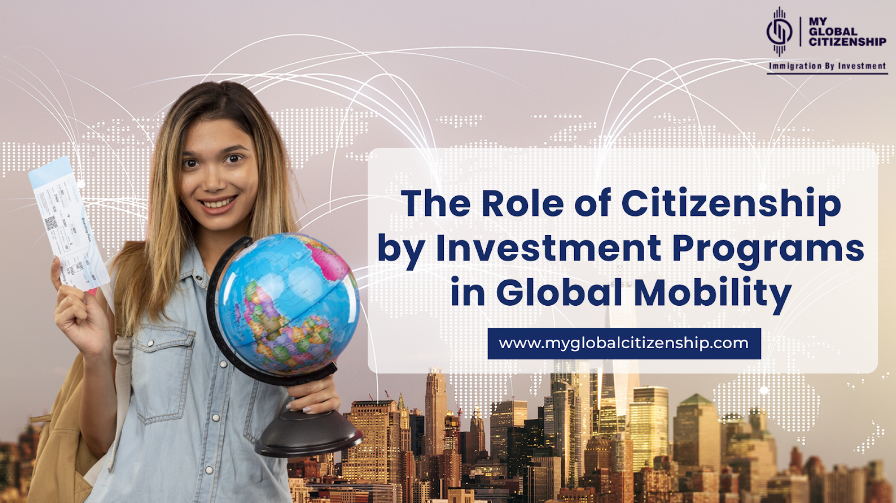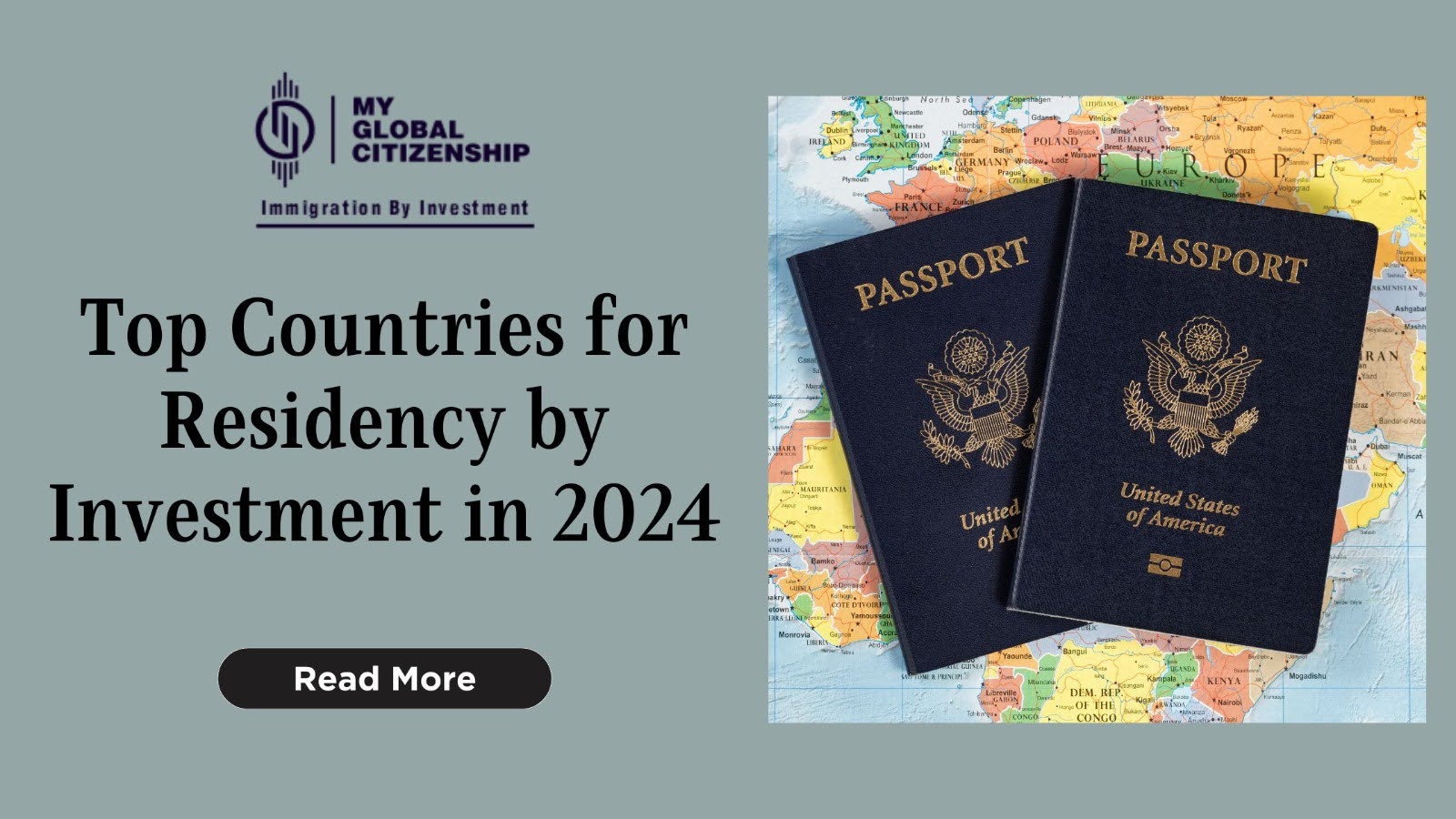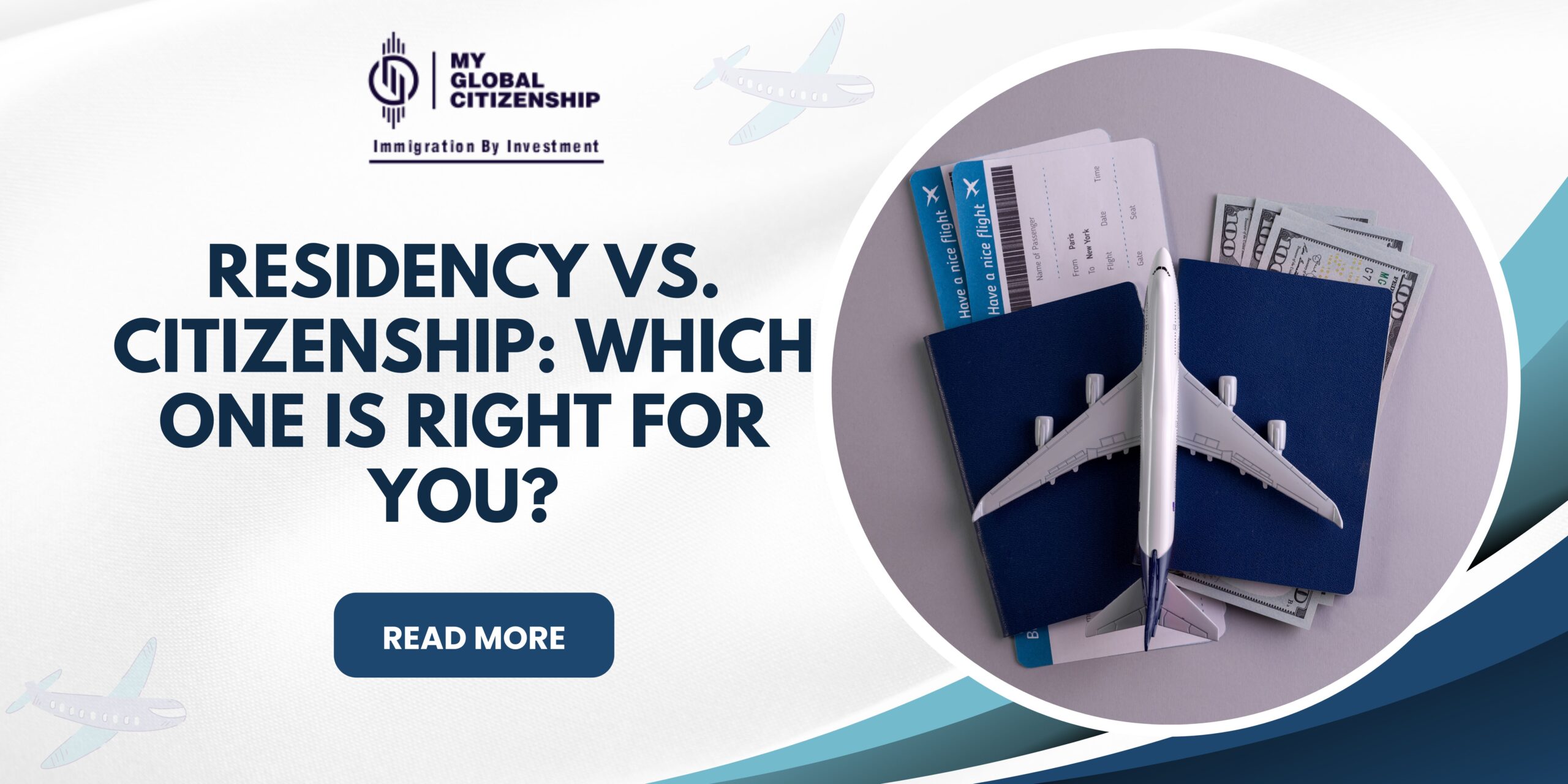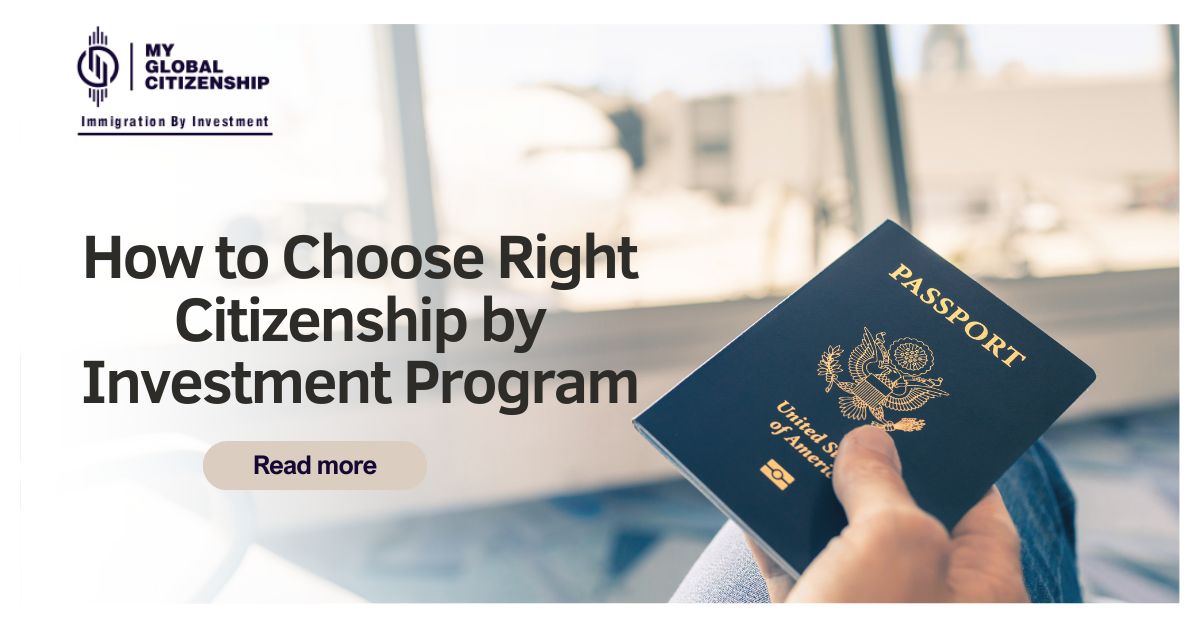In today’s interconnected world, global mobility has become a significant factor for investors seeking enhanced opportunities, security, and access to a broader range of benefits. Citizenship by Investment (CBI) programs have emerged as a pathway for investors to obtain second citizenship or residency in a foreign country through investment. Citizenship by Investment programs has witnessed a surge in popularity in recent years. These programs enable investors to obtain citizenship or residency in a foreign country by making a significant investment, typically in real estate, business ventures, or government bonds. This avenue allows them to bypass lengthy immigration processes and stringent eligibility criteria, providing an expedited pathway to a new legal status.
At present a large number of the countries that offer citizenship by investment are in the Caribbean. The most prominent and long-running program is the CBI program in St. Kitts and Nevis, which was founded in 1984. It is also among the most recognized in the field and is known as the “Platinum Standard”. Dominica’s Citizenship by Investment program was established in 1993 and has consistently held the top spot for five years. The demand for the Dominica Citizenship by Investment program and St. Kitts and Nevis Citizenship by Investment program is growing as a result of the two Caribbean countries’ excellent standards of living, secure environments, and investment prospects.
Benefits of Citizenship by Investment Programs :
Enhanced Global Mobility:
One of the primary advantages of CBI programs is the greater travel freedom they offer. Investors who obtain second citizenship or residency through these programs gain access to a large number of countries with visa-free or visa-on-arrival privileges. This facilitates business opportunities, and international networking, and provides investors with the flexibility to explore various countries without the need for additional visas or restrictions. 111 countries do not require a visa for Dominican nationals to enter, while 31 nations will issue one to them when they arrive. Passport holders from Saint Kitts and Nevis currently have visa-free travel to 153 international locations.
SOURCE: Immigrant Invest
The above picture shows visa-free destinations for Caribbean passport holders. The Caribbean passport gives visa-free access to more than 140 countries where Caribbean citizens can enter and stay for 180 days in the UK without a visa.
Caribbean passport holders can apply for US tourist visas more easily. For instance, Caribbean passport holders receive visas from US consulates in 2–3 weeks, and the visas are valid for 10 years, whereas investors from Azerbaijan must wait 3–4 months or longer.
Industry Standards and Best Practices:
Establishing guidelines and best practices for CBI programs ensures transparency, integrity, and adherence to global standards. This fosters trust among investors, governments, and stakeholders, bolstering the program’s credibility and attractiveness, while promoting fair and accountable processes. Therefore providing an added advantage to investors interested in Citizenship by Investment program.
Diversification of Opportunities:
CBI programs provide investors with the opportunity to diversify their business operations, investments, and assets across multiple jurisdictions. By acquiring second citizenship or residency, investors can enjoy the benefits of different legal systems, tax regimes, and investment environments. This diversification allows for greater flexibility in managing wealth, mitigating risks, and capitalizing on international business prospects. Dominica for Citizenship by Investment does not require the investor to automatically pay Dominica tax on dividends, interest, and royalties unless the investor chooses to remain on the island. Capital gains and inheritance are not taxed. The income tax, which can be as high as 35% for people and 25% for businesses, is the major tax in Dominica. Global mobility is made possible by these advantages provided by various nations as more investors show an interest in obtaining citizenship through investment.
Safety and Security:
Another significant advantage of CBI programs is access to political stability and a robust legal framework that comes with obtaining citizenship or residency in certain countries. These factors contribute to a secure environment for investors and their families, safeguarding their assets and offering protection against political or economic uncertainties in their home countries.
Source: Echeverria Abogados
The chart compares the government efficiency management score from Deep Knowledge Analytics (DKA) with the GRPI (Global Residence Programme Index) score from Henley & Partners. Deep Knowledge Analytics (DKA) is a data-driven analytical company that specializes in providing comprehensive assessments of various sectors, including government efficiency management. They utilize advanced algorithms and data analysis techniques to evaluate and rank different aspects of government performance. On the other hand, Henley & Partners’ Global Residence Program Index (GRPI) is an index that assesses and compares the attractiveness and efficiency of residence-by-investment programs worldwide. It evaluates factors such as the quality of the program, the reputation and transparency of the host country, and the overall benefits and freedom of movement it offers to participants. Comparing analytics and program index helps investors calculate the risk involved while selecting the country for their citizenship.
Technological Advancements:
The integration of technology is transforming the landscape of CBI programs. Digital identity verification, blockchain-based solutions, and online application processes are streamlining procedures, enhancing security, and improving the overall user experience. These technological advancements are expected to contribute to greater efficiency, transparency, and accessibility in CBI programs.
Challenges and Considerations
To maintain the integrity of CBI programs, it is crucial to implement robust due diligence procedures. These measures ensure that only reputable investors are granted citizenship, preventing abuse of the program and safeguarding the host country’s reputation. Stricter due diligence processes have been introduced to combat money laundering, terrorism financing, and other illicit activities. Schemes that allow a taxpayer access to a low personal income tax rate of less than 10% on offshore financial assets and do not demand a considerable amount of physical presence for at least 90 days in the country providing the citizenship by investment scheme are potentially high-risk.
Dominica is an advocate for more collaboration across countries that provide citizenship by investment when it comes to due diligence. The JRCC of CARICOM is one of the regional law enforcement agencies taking part in Dominica and St. Kitts and Nevis’ due diligence. Countries like Dominica commit to international safety and openness in a number of ways, coordination among Caribbean member states being only one of them. For instance, Dominica makes available every successful applicant’s name in its official quarterly gazette. Dominica also ensures that funds received through the Programme are itemized in the National Budget – so anyone can see how CBI money is being spent.
The Future of Citizenship by Investment Programs
The demand for CBI programs is expected to continue increasing as investors seek greater mobility, access to opportunities, and the desire for a better quality of life. This growing demand has led to more countries considering launching or enhancing their CBI programs. Consequently, increased competition among countries offering such programs is likely to drive improvements in program features, benefits, and investor experiences.
Source: Henleyglobal
The figure shows Henley Passport Power and Foreign Direct Investment Inflows of Selected Economies. The two nations with the highest HPP scores are Singapore and Japan, with 98% and 89%, respectively. Singapore has a residence-by-investment program, in contrast to Japan, with a minimum investment of SGD 2.5 million (about USD 1.8 million). It’s interesting to note that Singapore has substantially higher foreign direct investment (FDI) inflows as a percentage of GDP than Japan does (see Figure 2).
Furthermore, despite having modest GDPs, investment migration host nations Malta, Singapore, and the UAE have high HPP rankings because of their strong external power.
Despite the size of their economies, FDI inflows account for a sizeable share of each country’s GDP. Visibly, investment migration countries with low HPP ratings (like Malaysia and Turkey) have higher relative FDI inflows than resident and citizenship by investment nations with high HPP values (like Mauritius, the USA, and the aforementioned).
The HPP scores of the world’s two biggest economies, the USA and China, are 68% and 26%, respectively. Only the United States has an investor migration program between these two nations. However, the USA and China both have lower FDI inflows as a percentage of GDP (1% versus 2%). This mismatch shows that attracting foreign direct investment is influenced by a wide range of economic and political issues, not merely the presence of a residency or citizenship.
Conclusion
Programs for citizenship by investment have become essential tools for promoting global mobility, giving people quick methods to become citizens or residents of other nations. These initiatives significantly contribute to increasing economic growth, supporting global citizenship, and facilitating international mobility. The demand for CBI programs is expected to continue increasing as investors seek greater mobility, access to opportunities, and the desire for a better quality of life. This growing demand has led to more countries considering launching or enhancing their CBI programs. Consequently, increased competition among countries offering such programs is likely to drive improvements in program features, benefits, and investor experiences.
If you still have any queries, connect with our team, and we will be more than happy to assist you .






